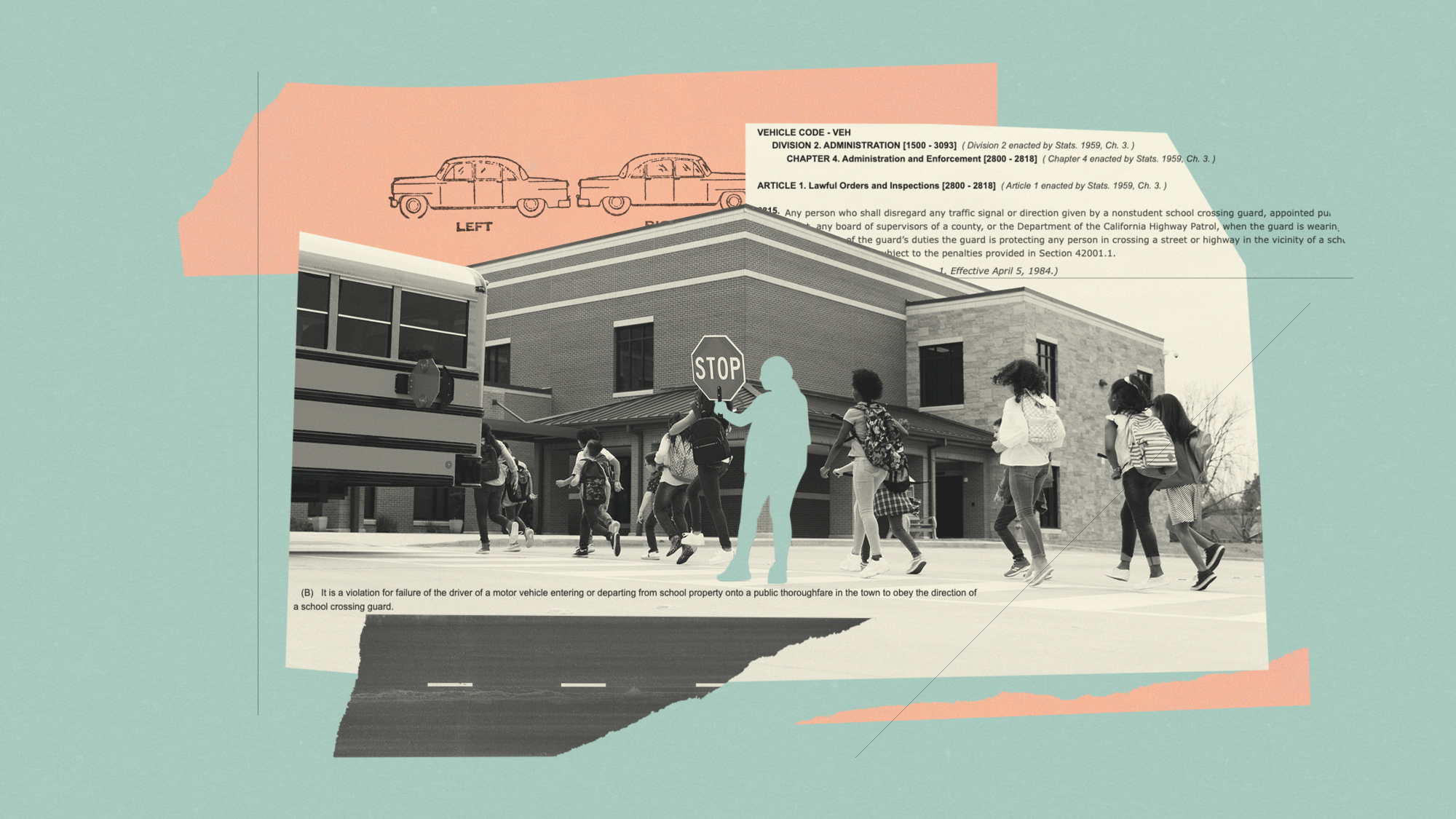The Great Stay: why employees have stopped moving jobs
The balance of power is shifting to bosses but is it all bad news for the staff?

A free daily email with the biggest news stories of the day – and the best features from TheWeek.com
You are now subscribed
Your newsletter sign-up was successful
The workplace has moved on from a "post-lockdown era of frenzied change" dubbed the "Great Resignation" and entered a "decidedly more cautious and staid" period – the "Big Stay".
Employees are now "prioritising employment stability over new horizons", said Helen Coffey in The Independent. But what is behind this new trend and what does it mean for employees and employers?
'Openly embittered'
In the UK, the proportion of people leaving their jobs voluntarily fell from 3.6% in the first quarter of 2021 to 2.3% in the same period of 2024. Across the pond, the quit rate reached 3% per month at the end of 2021 and beginning of 2022, but it's now fallen to 2.2% in the first quarter of 2024.
The Week
Escape your echo chamber. Get the facts behind the news, plus analysis from multiple perspectives.

Sign up for The Week's Free Newsletters
From our morning news briefing to a weekly Good News Newsletter, get the best of The Week delivered directly to your inbox.
From our morning news briefing to a weekly Good News Newsletter, get the best of The Week delivered directly to your inbox.
Anthony Klotz, a professor of organisational behaviour at UCL School of Management, told Coffey that after the first lockdown, high levels of "burnout", more remote work opportunities, pandemic "epiphanies" as people had "big existential thoughts about life", and a "backlog" of resignations led to a huge shake-up across all industries and demographics.
But now, employees are "hunkering down and remaining in their current jobs for more extended periods of time", said Jack Kelly in Forbes, because in a "changing economic landscape", employers have "greater leverage".
In the face of an "uncertain economic outlook", British workers are "fearful of rocking the boat", said Tom Howard in The Times. People are becoming "increasingly reluctant" to move jobs "for fear of being the last in and first out if things go wrong".
The "Great Stay" is leading to a new trend of "resenteeism", said The Guardian, which is "when you hate your job, but stay in it even though you should probably leave". This has created an "openly embittered and miserable" workforce, it added.
A free daily email with the biggest news stories of the day – and the best features from TheWeek.com
'Canny companies'
But it's not all bad news for workers, said Metro, because the "Great Stay" is also "all about sticking around in a secure role with good pay, benefits and conditions". Now, what "ticks the boxes" for employee satisfaction are "things like commuting contributions, a stipend towards skills development, or bonuses that are linked to performance".
What workers want in 2024 is "job stability with a side of genuinely useful benefits". "Canny" companies know this is and are "happy to step up" and offer good pay, benefits and flexibility to workers. So "if this is what matters most to you", then it's "no wonder that staying put is the defining workplace trend right now".
"Should you stay or should you go?" wonders Coffey. "That's up to you," but "either way, you don’t have to settle for stagnation".
Chas Newkey-Burden has been part of The Week Digital team for more than a decade and a journalist for 25 years, starting out on the irreverent football weekly 90 Minutes, before moving to lifestyle magazines Loaded and Attitude. He was a columnist for The Big Issue and landed a world exclusive with David Beckham that became the weekly magazine’s bestselling issue. He now writes regularly for The Guardian, The Telegraph, The Independent, Metro, FourFourTwo and the i new site. He is also the author of a number of non-fiction books.
-
 How the FCC’s ‘equal time’ rule works
How the FCC’s ‘equal time’ rule worksIn the Spotlight The law is at the heart of the Colbert-CBS conflict
-
 What is the endgame in the DHS shutdown?
What is the endgame in the DHS shutdown?Today’s Big Question Democrats want to rein in ICE’s immigration crackdown
-
 ‘Poor time management isn’t just an inconvenience’
‘Poor time management isn’t just an inconvenience’Instant Opinion Opinion, comment and editorials of the day
-
 Trump wants a weaker dollar, but economists aren’t so sure
Trump wants a weaker dollar, but economists aren’t so sureTalking Points A weaker dollar can make imports more expensive but also boost gold
-
 Can Trump make single-family homes affordable by banning big investors?
Can Trump make single-family homes affordable by banning big investors?Talking Points Wall Street takes the blame
-
 Ski town strikers fight rising cost of living
Ski town strikers fight rising cost of livingThe Explainer Telluride is the latest ski resort experiencing a patroller strike
-
 Employees are branching out rather than moving up with career minimalism
Employees are branching out rather than moving up with career minimalismThe explainer From career ladder to lily pad
-
 Out of office: Microretirement is trending in the workplace
Out of office: Microretirement is trending in the workplaceThe explainer Long vacations are the new way to beat burnout
-
 Being a school crossing guard has become a deadly job
Being a school crossing guard has become a deadly jobUnder the Radar At least 230 crossing guards have been hit by cars over the last decade
-
 Is a financial market crash around the corner?
Is a financial market crash around the corner?Talking Points Observers see echoes of 1929
-
 Trump wants to revive coal. Will it work?
Trump wants to revive coal. Will it work?Talking Points Wind, solar and natural gas are ascendant